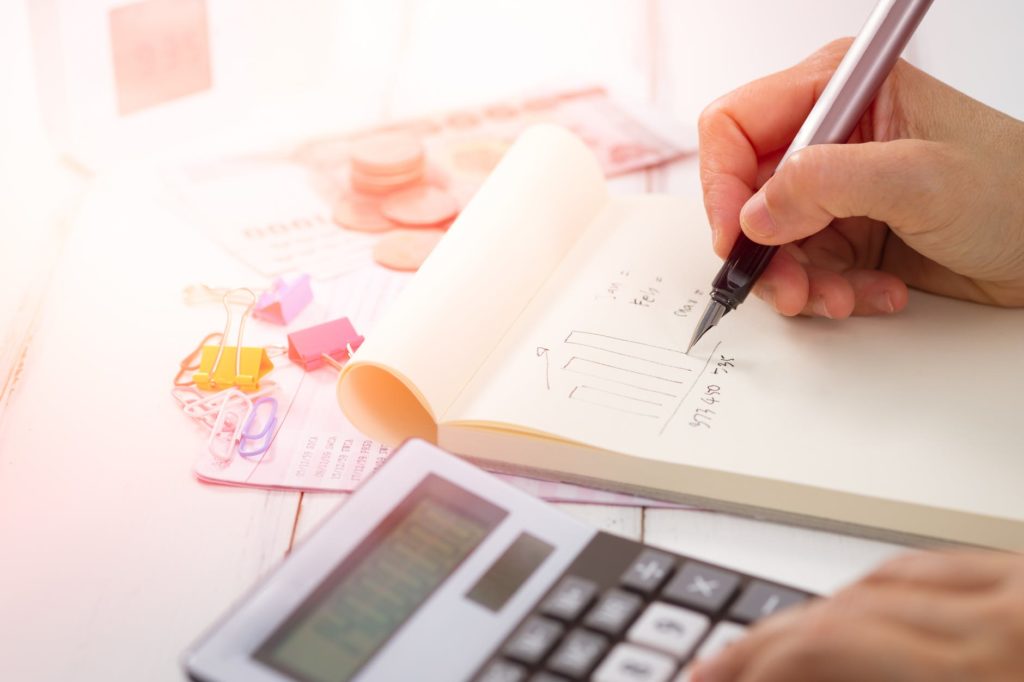Nothing matches up to the excitement of getting your first paycheck. You have worked hard thoroughly the entire month just to receive the compensation.
Nevertheless, when you receive it, few terms especially the “what is income tax” goes over your head.
Generally, one comes to know about the income tax during the annual tax season. It can become a daunting task to understand everything for the first time.
Therefore, today to help you understand better that, we have compiled basics on what is income tax and how does it work?
Contents [show]
What is an Income Tax?
Income tax is the tax, which government obliges upon every citizen’s financial income earned through all the entities.
By law, every individual needs to file an income tax return to know whether they are eligible for tax return.
Income tax is the fund that government also uses for the fund of activities for the public. But not all kind of income is taxable.
There are few tax compliances that you need to take care of. Also, there is specific income on which there is income tax.
- Earnings from the company
- Earnings from self-employment
- Pension income from occupational and personal
- Interests on the savings
- Returns from shares, mutual funds
- Income from the rentals
- Income from the trusts
The tax year runs from 6th April one year to the 5th of April the following year. In addition, there is no minimum age where you can become accountable to pay the income tax.
What truly matters is the amount of your taxable income, if it is below particular level then no tax.
How Does Income Taxes Work?
Firstly, bring all your taxable income before tax from all the units. This means you have to include all the employed and self-employed earnings, social security profits, rental income from houses and accommodations, pensions, interests from the bank.
Ensure you exclude the non-taxable income, which are housing benefits, maternity grant, lottery winning, child benefit, working tax credit, prizes.
Another thing you need to do is use gross amount, which is the taxable amount before tax deduction. By calculating so, you will get the total income on how much you need to pay tax.
Later on, one needs to check whether there is tax relief on the money you have to spend throughout the year.
For instance contribution to your pension schemes or employment expenses, take them off from your total income. Additionally, if you are self-employed then cut off business expenses before you count taxable profit.
Now check whether there are any free allowances, you are permitted. For those who live in the UK, they are given basic personal allowance. If the income is above £100,000 then there is a personal allowance.
Then there is a blind person allowance given to those who are blind. This amount is later on deducted from the calculation, which gives you the taxable income.
The rate of income tax depends upon how much of the earned income is above the personal allowance of in the year.
- If you are low on the income than £32,000 then only 10% of your income is taxable.
- If you have an income of more than £32,000 up to £150,000 then only 40% of your income is taxable.
- If you have income above £150,000 then you will be paying 45% tax of your income.
For dividends and savings income, the tax rates are different.
Once you are done with the calculation of due tax take off already paid tax – that is known as PAYE tax.
Those who are married and one of them was born before sixth April 1935 get the married couple allowance.
If you possess foreign income then you need to pay income tax. This income could be waged from the overseas, foreign investments, rental income on the abroad property or the pension received from the other country.
Normally if you are a UK inhabitant then you will have to pay for the foreign income. Else, those who are not UK resident will not have to pay.
The foreign entrepreneurs it is important to remember that the sole traders, directors, business partners have to register themselves for the self-assessment tax return. It is mandatory to send the self-assessment return even if there is no tax to pay.
It’s very tricky to understand how actually the income taxes work. Every country has their own set of rules, which they keep on following, and makes changes at regular time intervals.
To understand the tax process is altogether one process while doing it practically is different altogether.
The details of income taxes can be as complex as possible. Nevertheless, the process is very straightforward.
However, even though if you cannot understand you can always hire an expert who knows everything about income taxes in detail and helps you out.













